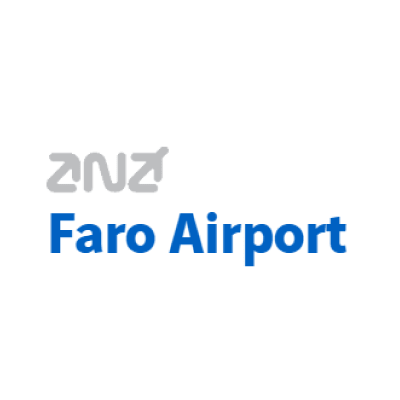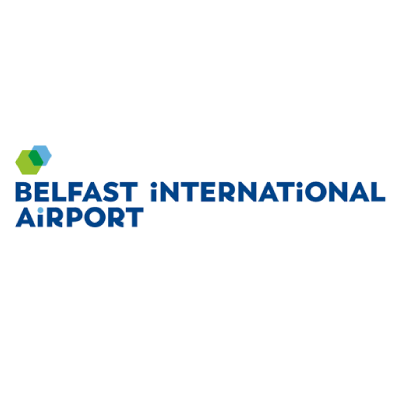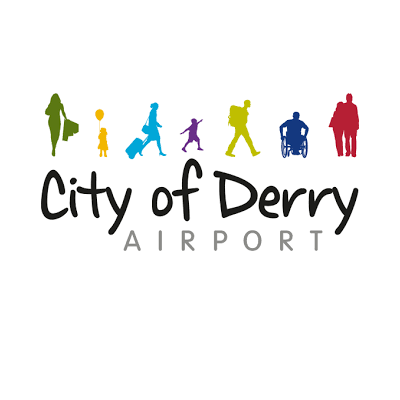It’s important for airport marketers to engage with their customers on the customers’ terms, to speak the same ‘language’ and to follow the same trends.
That is so obvious as to almost go without saying. But what does it mean?
As consumers we expect a certain level of service ourselves. We are likely to become concerned and even irritated when bookings go wrong, or when complaint emails or messages go unanswered. If a channel of communication such as Facebook Messenger is available, and we are comfortable using that platform, we naturally experience a disconnect if our message does not receive a timely response. In today’s digital landscape, great customer service requires businesses to be present, add value and build loyalty at every customer touchpoint, and across all of the platforms used by the customer.
Lines of communication
For retailers, this traditionally means employing articulate customer service representatives to deal quickly with any problems. This can potentially use a lot of resources, and there’s plenty of room for customers to slip through the net.
There is also a place for field marketing representatives – staff who will create and steward events designed to open channels of customer communication and drive deeper influence. Field marketing events such as interactive web casts, live Twitter chats and regional ‘mastermind’ meetings are particularly valuable in B2B marketing as a way to develop new business opportunities, increase brand recognition, build local awareness and credibility, and increase sales volume.
However, as technology creeps into day-to-day life, those standard communication channels are changing. Customers increasingly use digital platforms to plan travel and book holidays. The challenge for the Travel Industry is that it still lags behind customer expectation in embracing the digital revolution. Whilst many travel customers now prefer to communicate through social media, messaging apps and chatbots, travel companies are yet to meet this demand.
While airlines came under fire from news outlets in 2017 over incidents on overbooked flights which saw the US courts demand improved customer service, competition has seen many airports working to improve the passenger journey in the terminal.
But Travel is still failing to meet customers where they are. Research from EyeforTravel and Travelaer shows that most travel companies are still not investing in Facebook Messaging with customers, and that those with a chatbot often don’t even respond to messages within a week.
The chatbots that were live at the time of the report in 2017 were often gimmicky, had no context within an overall digital strategy and had no meaningful impact on the customer booking journey.
Putting the customer first
Statistics show that customer service is the most demanded feature in a consumer’s interaction with a brand. According to American Express, 90% of Americans use customer service as a factor in deciding whether or not to do business with a company, and McKinsey says 70% of the customer’s journey is based on how the customer feels they are being treated. Good CX is vital for customer retention, brand loyalty and revenue. No matter how slick your ecommerce platform is, if your customer service is lacking, customers will go elsewhere.
Digital channels
Overall use of social media apps has increased across markets. 66% of 30-59-year-olds use Facebook Messenger and Whatsapp use increased to 58% from 48% between 2016 and 2018. Whilst popular travel apps like TripAdvisor and Booking.com serve to inform their millions of users about many aspects of travel plans, the ability for passengers to communicate with an airport or airline via Facebook Messenger (or better still a chatbot with the back up of a customer service representative) whilst on the move is vital. In the event of a problem this easy line of communication provides instant resolution and prevents the potential PR disasters of negative viral social shares.
It has been necessary in recent years for airports to develop a first-class social media strategy as customers turn to social platforms for inspiration and recommendations. What is clear in 2019 is that chatbots are now integral to this strategy.
Chatbots and the booking journey
Chatbots are primarily useful for customer service. Machine learning means they can easily answer common questions and predict problems and their solutions.
As people carry out more travel research on mobile devices and manage complex itineraries and bookings via mobile, chatbots are ideally placed to support these processes, driving loyalty through improved, frictionless interactions.
A chatbot can also offer value-add up and cross sell products, suggest suitable services that the customer is likely to need and even offer personalised booking advice based on customer data.
A focus on digital
Whilst technological advances across travel undoubtedly have a positive impact on passenger experience, it’s clear that customers must be at the centre of marketing and operational strategies, and this means managing messaging and communications platforms. Icelandair has been using a messenger bot to manage bookings since 2016. Its Stopover Bot, which has now made thousands of bookings, is also an efficient customer service tool that can answer commonly asked questions with quick, content rich answers combining text, photos and even video.
However, the key to chatbot success will lie in data collection and analytics.
Why does data matter?
Brands need data in order to identify who their customers are, what their customers want and need, and where the key pain points are for customers.
Without this information it is impossible to set accurate objectives and address problems. Instead of focusing on customer acquisition without context, airports can use a chatbot to support the customer journey, and to help the customer to interact with the airport and its existing digital products.
Rezcomm’s world-class ecommerce platform delivers the in-depth data your airport needs. Its advanced machine learning and analytics provide the information necessary to really get to know your customers. With access to the data of a quarter of a billion air passengers worldwide, Rezcomm can provide future-proof solutions to satisfy consumer demands for parking, travel and shopping, taking the guesswork out of ecommerce for airports.
Chatbots to ease friction
Icelandair began its chatbot journey by reviewing data that showed which issues came up most frequently in the social media team’s interactions with customers. This starting point meant that the chatbot was focused towards solving real-life common problems. The chatbot’s ability to resolve frequent pain points freed up resources for customer-facing staff to focus on more complex tasks. However, it is essential to monitor the bot long term to make sure it is learning from interactions in the right way.
In an interview for Phocuswire, Icelandair’s director of digital business development, Guðmundur Guðnason, explains:
“The first version was built around understanding key words but had difficulties with the difference between: ‘what’s the luggage allowance for Europe?’ and ‘I lost my luggage in Europe.’ It’s a delicate situation to handle a bot telling the customer who has lost his luggage that the luggage allowance is two bags!”
Chatbots to future-proof your booking journey
Travel firms often temper their integration of new technology with caution. There’s little point, after all, in investing huge amounts in flash-in-the-pan trends that provide no real value.
But the results of the EyeforTravel and Travelaer report show clearly that chatbots work when it comes to boosting ancillary sales, driving bookings and increasing customer satisfaction and trust.
In fact, the experience is so smooth that some customers think they are talking to an actual person and even leaving TripAdvisor reviews or cash tips for their virtual helpers!
Rezcomm’s integrated ecommerce and CRM solutions provide all the information your airport needs to inform a successful chatbot. The reporting and analytics tools will identify common customer pain points and help to form customer-centred objectives.
Chatbots are set to become an essential tool in customer service. The technology achieves the best outcome for customers and for the airport. It meets the customer on the platform where they feel most comfortable communicating and offers timely responses and solutions to ease the booking journey. The chatbot ultimately represents an experience in line with customer expectations, and a technology that will future-proof the booking journey for airports.
Rezcomm has access to data from a quarter of a billion passengers worldwide and is expert in accelerating airport revenue through smart, intuitive tech. If you have any questions about how you can use our ecommerce and CRM technology to upgrade your customers’ experience, contact us for a chat.






























